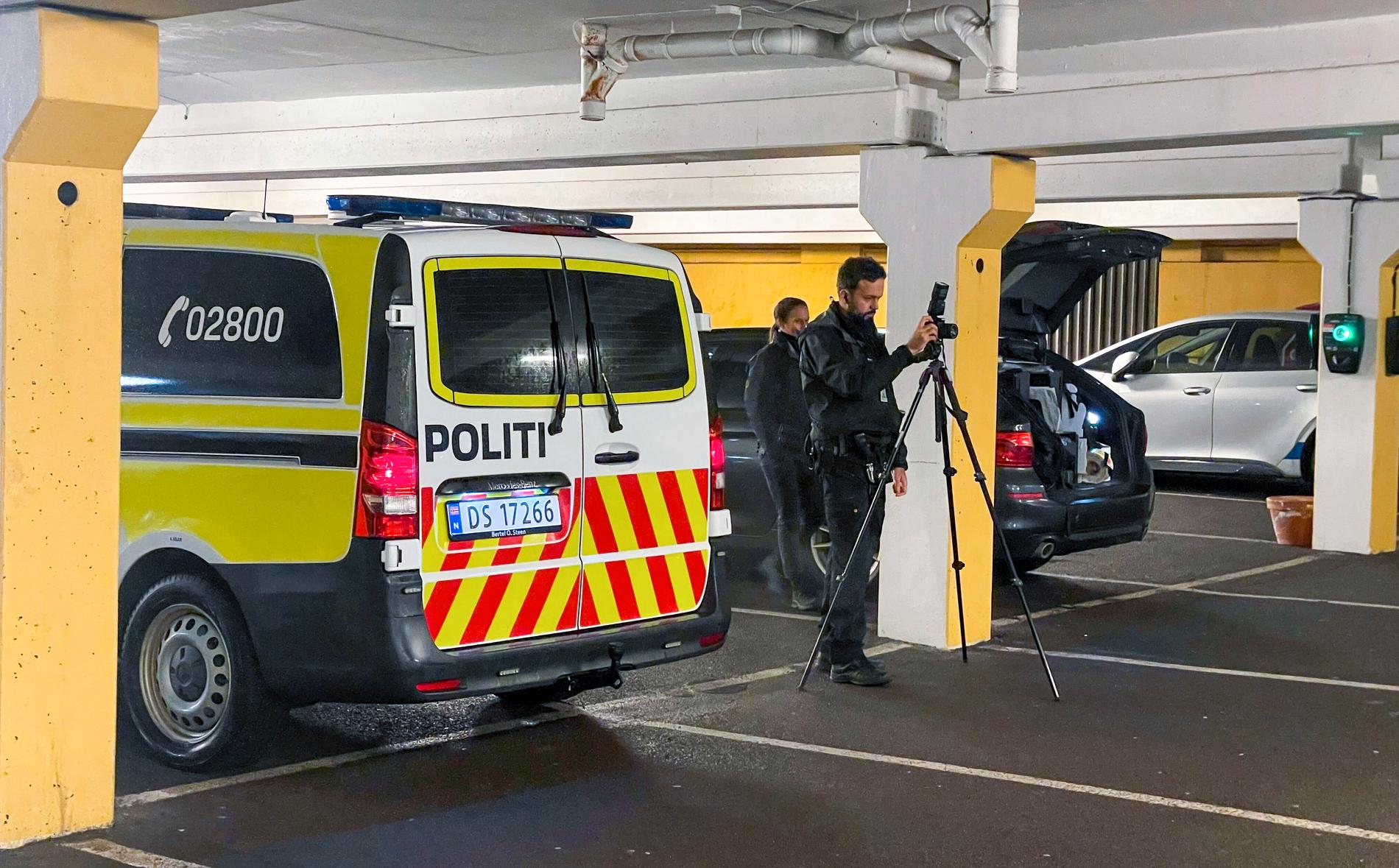The World Athletics Council has been at the forefront of discussions regarding the eligibility of athletes from certain countries, and their latest decision has sparked widespread debates. In a move that has attracted global attention, the council has announced their stance on the participation of Russian and Belarusian athletes in international competitions, as well as the issue of female eligibility. The decision has caused uproar in some quarters, as questions are raised over the fairness and transparency of the council’s decison-making process. In this article, we’ll dive deep into the council’s decision and explore the implications it might have for the world of athletics.
The World Athletics Council has announced several crucial decisions concerning the participation of the Russian and Belarusian Member Federations in athletics and the eligibility regulations for transgender and Differences of Sexual Development (DSD) athletes. The Council has agreed to reinstate the Russian Federation (RusAF) after meeting all the reinstatement requirements following seven years of suspension due to institutional doping violations. However, athletes, officials and supporting personnel from Russia and Belarus will remain excluded from competition due to Russia’s invasion of Ukraine. The Council has approved the Russia Taskforce’s recommendation for RusAF, which has been suspended for doping, to comply with 35 Special Conditions to maintain good governance practices and effective anti-doping reforms. These special conditions will be in place for three years and focus on four areas: organisational good governance, protection from inappropriate external influence, operational capability and capacity, and budget allocation and fiscal management. The Athletics Integrity Unit classified RusAF as a Category ‘A’ member federation, resulting in greater scrutiny and more testing requirements.
The World Athletics Council has reaffirmed in March 2022 its decision to exclude Russian and Belarusian athletes, support personnel, Member Federation officials, and officials who are citizens of those two countries from all World Athletics Series events due to the war in Ukraine. The Council recommends that the different Tours also exclude athletes and officials from RusAF and the Belarus Athletic Federation. They have established a working group to advise and recommend to Council the conditions that need to be met for the restrictions on athletes and officials from RusAF and the Belarus Athletic Federation to be lifted. The Council has agreed to update the eligibility regulations for transgender and DSD athletes. The new regulations will require any relevant athletes to reduce their testosterone levels below a limit of 2.5 nmol/L for a minimum of 24 months to compete internationally in the female category in any events. For transgender athletes, the Council has agreed to exclude male-to-female transgender athletes who have gone through male puberty from female World Rankings competition from 31 March 2023. These regulations will come into effect on 31 March 2023.
In conclusion, the decisions made by the World Athletics Council regarding Russia, Belarus, and female eligibility in sports reflect a commitment to upholding the integrity of the sport and ensuring fairness for all athletes. By imposing necessary sanctions on those who violate anti-doping regulations and granting greater recognition to women’s achievements in athletics, World Athletics is setting a positive example for other organizations to follow. As the world continues to grapple with ongoing challenges in athletics, it is reassuring to know that there are leaders like World Athletics who are dedicated to promoting sportsmanship, fair play, and respect for all athletes.


